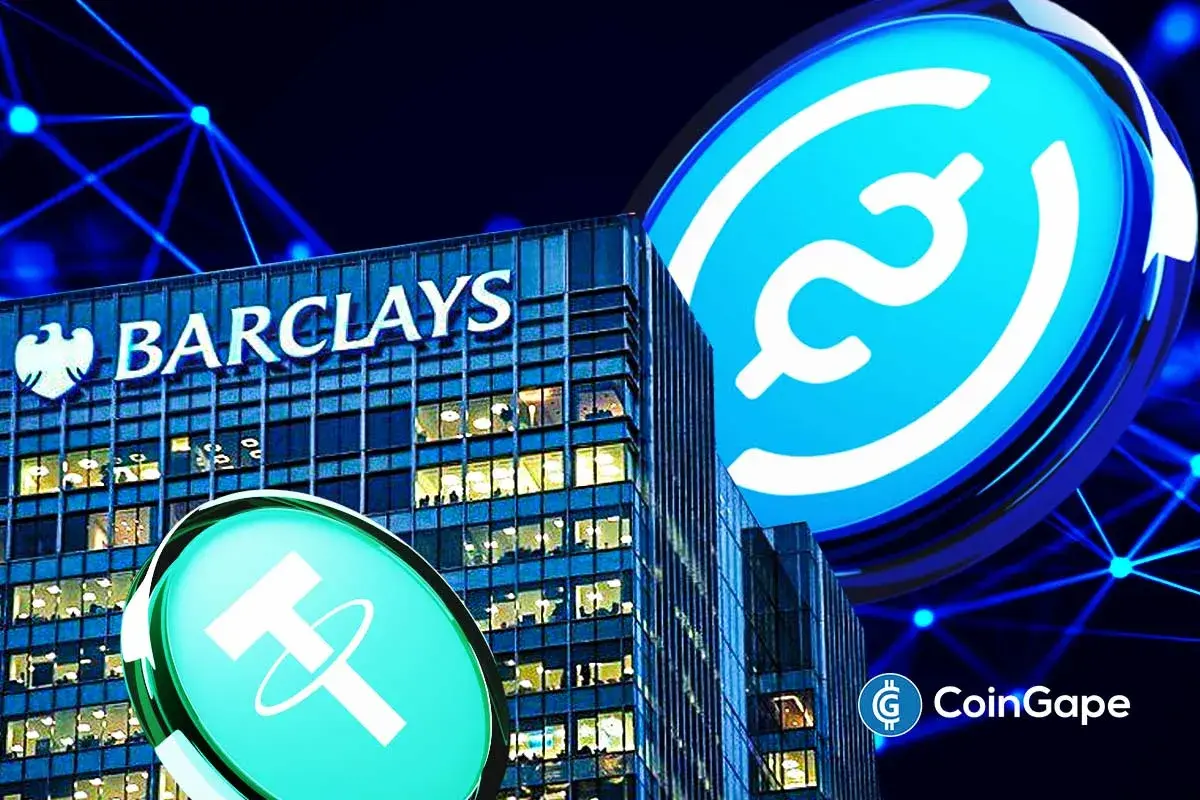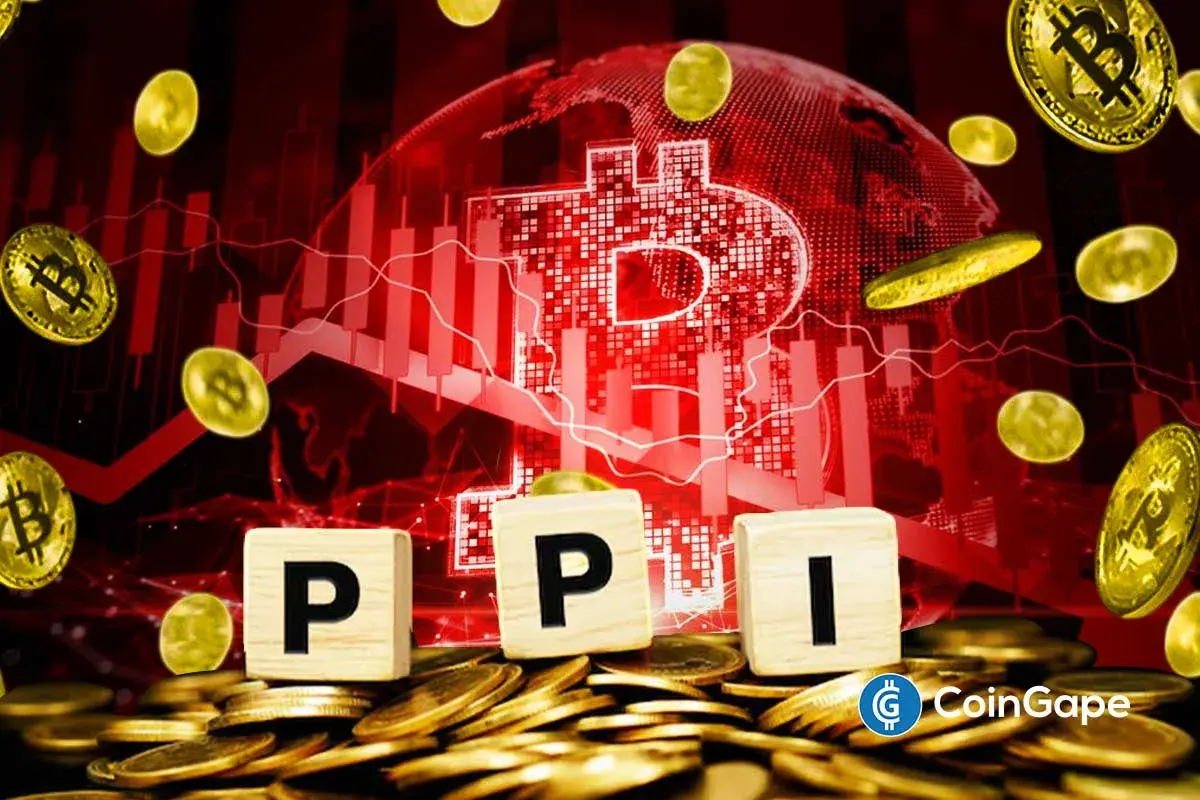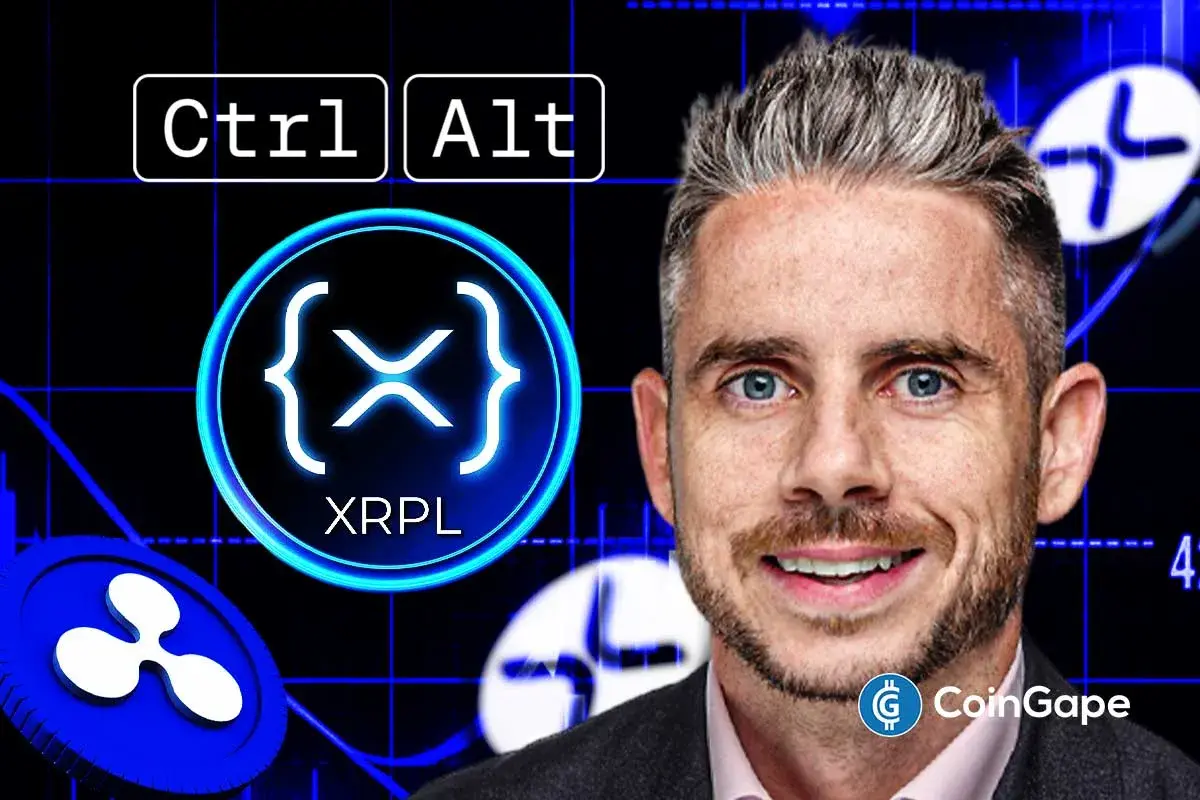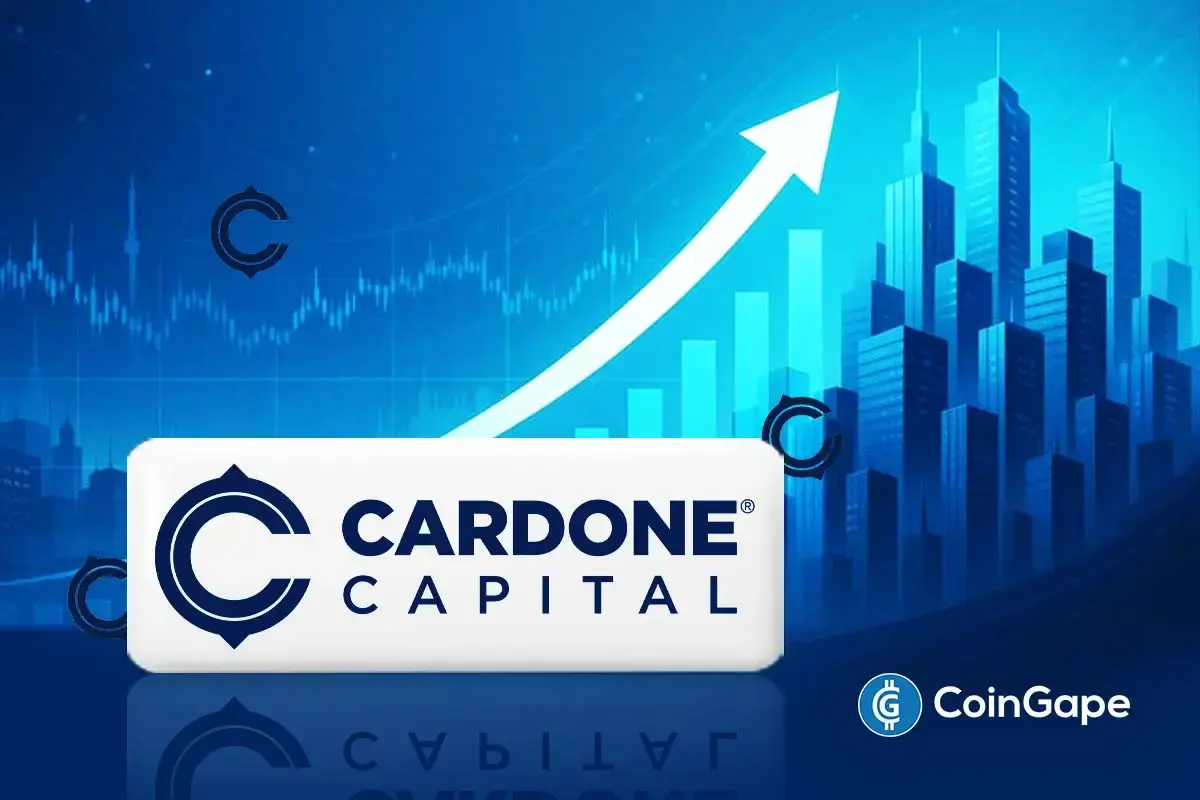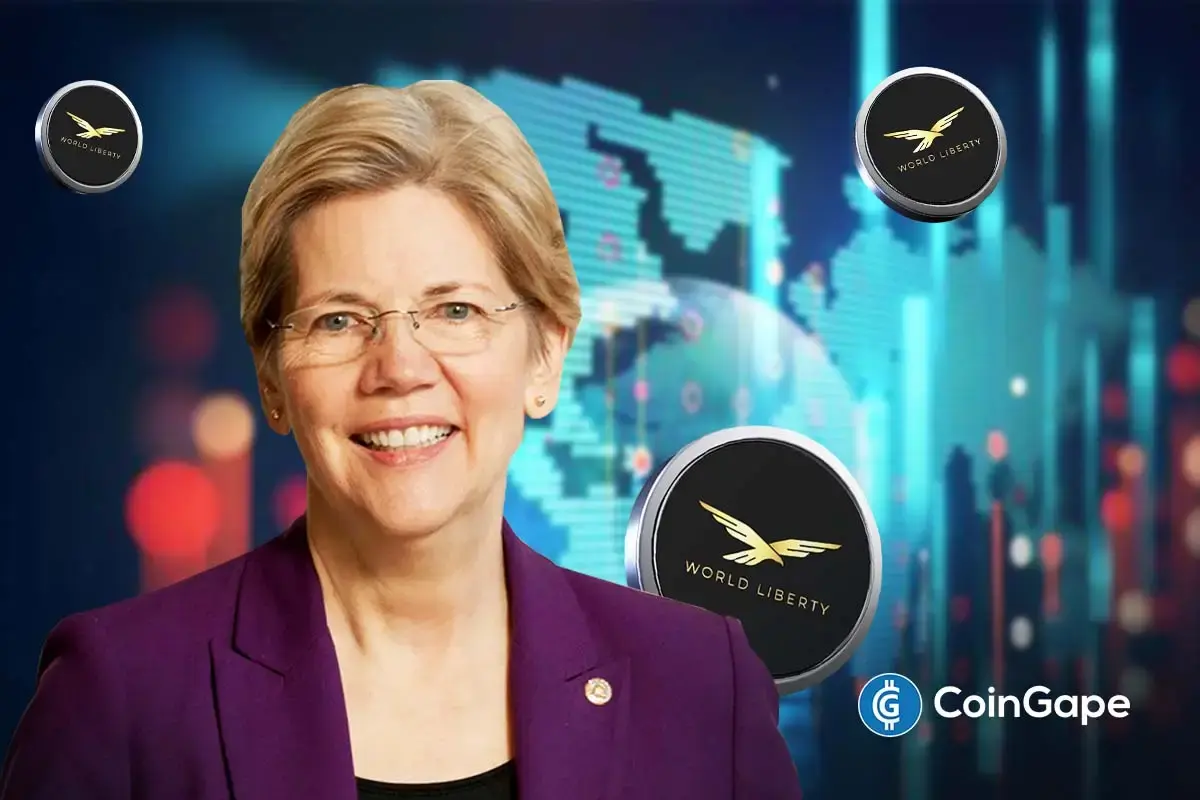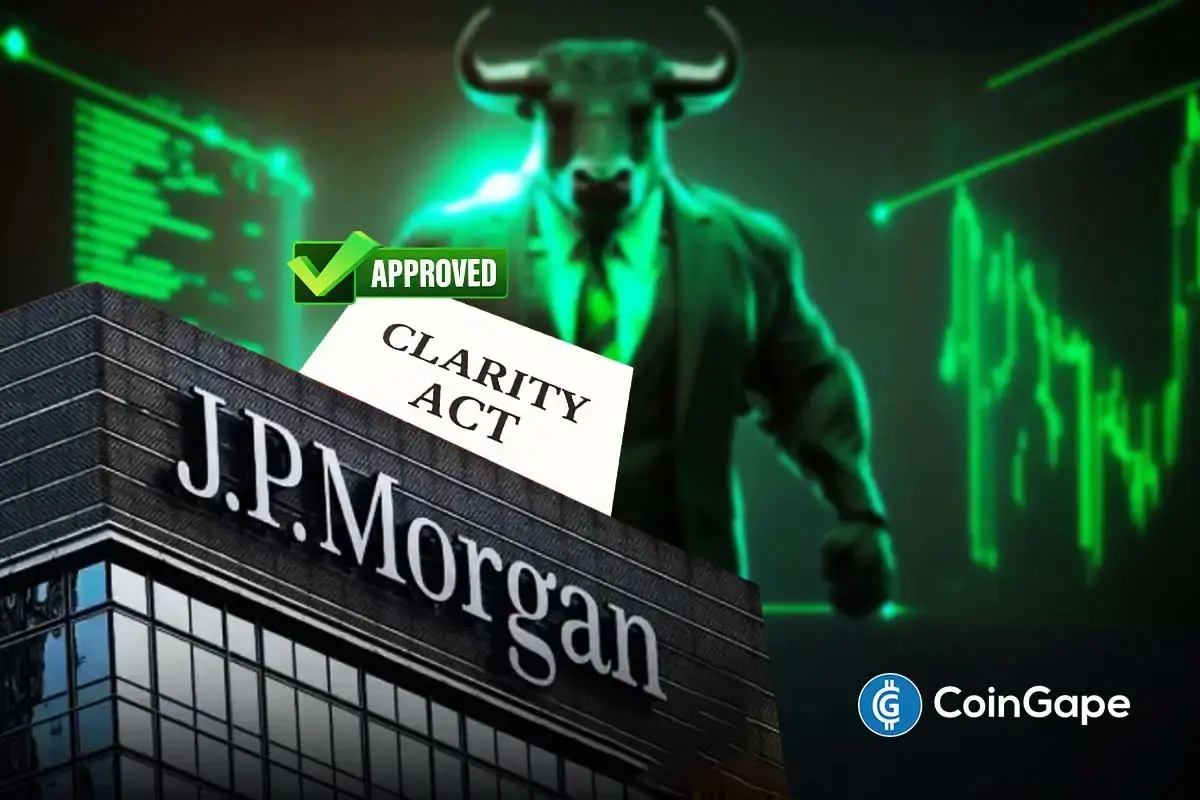OpenSea Breaks Silence on NFT Royalties, Shares a Deadline of December 8

NFT royalties are automated payments made to the creators of NFTs on resales of their NFT art pieces. Each NFT’s royalties are encoded in the NFT’s smart contract. When a secondary sale takes place, the smart contract pays the marketplace a percentage of the royalty as per the creator’s request. The royalties are then paid to the creator by the marketplace that facilitated the transaction.
Beeple’s NFT “Crossroads” was resold on the secondary market in February 2021 for $6.6 million. Beeple got a royalty of 10% on that sale. This particular example shows the importance of NFT royalties.
Traditionally, creators and artists were unable to trace subsequent transactions on their creations. The first sale of their artwork was all they would make from it.
And no matter how popular or successful their art piece got over time, they stood to make nothing from previously sold work. Buyers of their work might resale it for a high price. As a result, secondary sales didn’t help artists.
This story is different in the case of NFTs. Artists can benefit from their masterpieces for as long as they choose with NFT royalties.
Why Does OpenSea’s Stance On This Matters?
In recent months, several NFT marketplaces have turned away from recognising creator-set royalties, although leading platform OpenSea has stayed mute on the topic, presumably assessing its options.
On November 6, the $13.3 billion firm shared its approach to NFT royalties in a Twitter thread.
There’s been a lot of discussion over the past few months about business models for NFT creators & whether creator fees (“royalties”) are viable.
Given our role in the ecosystem, we want to take a thoughtful, principled approach to this topic & to lead w/ solutions. 🧵
— OpenSea (@opensea) November 6, 2022
Also Read: The Future of Non-fungible Tokens (NFTS) And How They Might Evolve Next?
According to the thread and corresponding blog, they are going to implement a mechanism that would allow creators of new projects to ban particular marketplaces that do not require traders to pay royalties. The new mechanism goes into effect on November 8.
OpenSea tweeted, “It’s clear that many creators want the ability to enforce fees on-chain & we believe that choice should be theirs–not a marketplace’s–to make.
So we’re building tools we hope will balance the scales by putting more power in creators’ hands to control their business model.”
3/ To that end today we’re launching a tool for on-chain enforcement of creator fees for *new collections* Starting 12pm ET on Tuesday Nov 8 OpenSea will enforce creator fees only for new collections that use an on-chain enforcement tool such as this one. https://t.co/i0PMdt5HiV
— OpenSea (@opensea) November 6, 2022
Many new and competing marketplaces are trying to gain market share by offering zero-royalty trading or making it optional. After top Solana marketplace, Magic Eden, made royalties optional for traders, other Ethereum platforms like X2Y2, LooksRare, and Blur followed suit. Nearly the entire Solana NFT market now operates using such arrangements.
OpenSea stated that it is still evaluating what to do with existing NFT projects. And it will seek further community feedback. It will take a decision regarding this before December 8th. After that date, the marketplace will make a decision, which may include making royalty fee payments optional for dealers, as some other markets have already done.
8/ We recognize not all creators, collections, and communities are the same and we are looking to create a long-term policy that reflects that.
— OpenSea (@opensea) November 6, 2022
Also Read: Can NFTs Actually Solve The Royalty And Ownership Problem?
Many traders opt not to pay creator royalty payments when its not necessary. In late October, a twitter account, punk9059, claiming to be Director of Research at proof_xyz, published data from X2Y2 revealing that just 18% of dealers chose to pay any royalty fee.
A month ago, around 75% of NFT buyers opted-in to paying royalties on x2y2, when given the choice.
Now that number is around 18%
The idea of "tip jar" royalties where buyers can opt-in or opt-out will likely prove to just be a 0-royalty policy over time
Free riding is too easy pic.twitter.com/BAG9VfI18q
— NFTstatistics.eth (@punk9059) October 28, 2022
Play 10,000+ Casino Games at BC Game with Ease
- Instant Deposits And Withdrawals
- Crypto Casino And Sports Betting
- Exclusive Bonuses And Rewards

- $2T Barclays Explores Blockchain For Stablecoin Payments and Tokenized Deposits
- Breaking: U.S. PPI Inflation Rises To 2.9%, BTC Price Falls
- XRP News: Ripple-Backed Ctrl Alt Completes $280M in Diamond Tokenization on XRPL
- Bitwise CIO Calls Bitcoin Selloff ‘Classic Cycle,’ Dismisses Manipulation Rumors
- Cardone Capital Takes Real Estate On-Chain With $5B Tokenization Plan
- Top Analyst Predicts Pi Network Price Bottom, Flags Key Catalysts
- Will Ethereum Price Hold $1,900 Level After Five Weeks of $563M ETF Selling?
- Top 2 Price Predictions Ethereum and Solana Ahead of March 1 Clarity Act Stablecoin Deadline
- Pi Network Price Prediction Ahead of Protocol Upgrades Deadline on March 1
- XRP Price Outlook As Jane Street Lawsuit Sparks Shift in Morning Sell-Off Trend
- Dogecoin, Cardano, and Chainlink Price Prediction As Crypto Market Rebounds

 Buy $GGs
Buy $GGs






